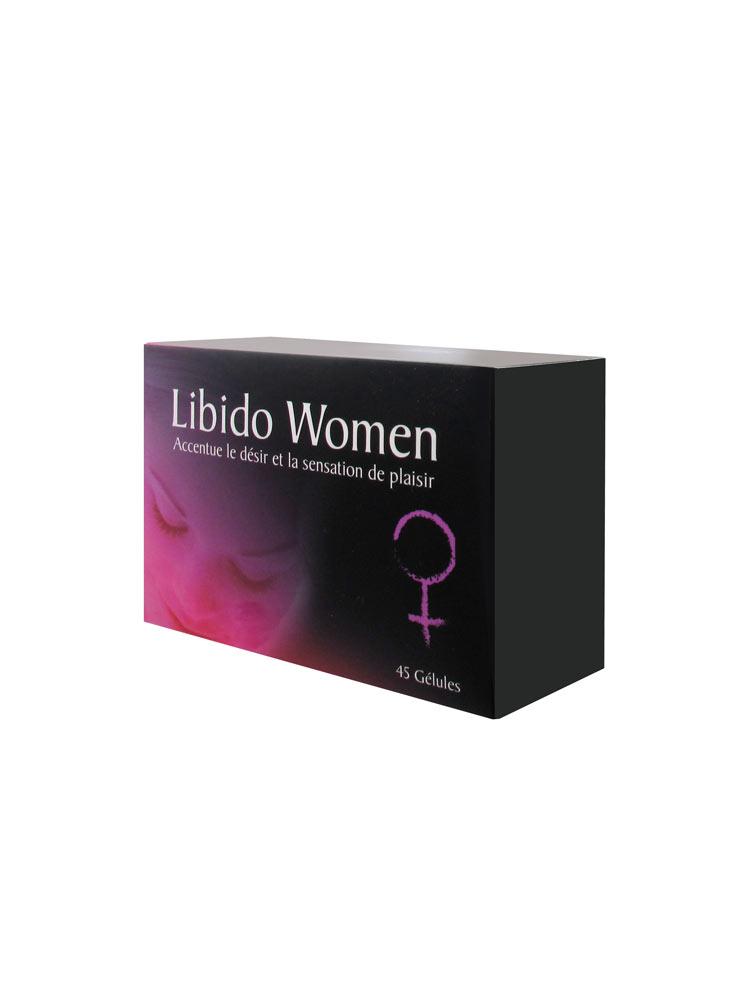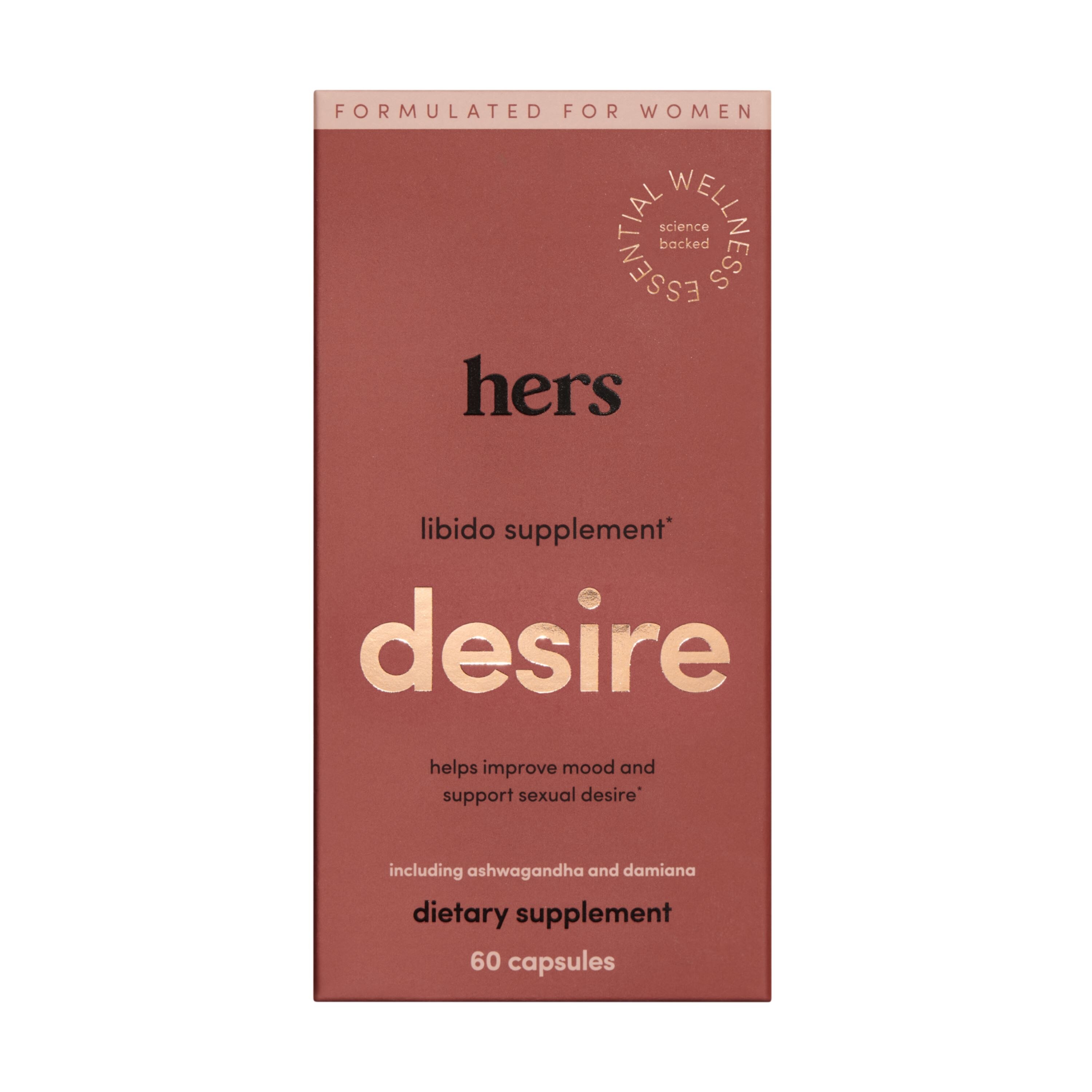Unlocking The Secrets Of Libido In Women: A Comprehensive Guide
Libido in women is a complex and multifaceted topic that deserves attention and understanding. It plays a crucial role in a woman's overall well-being and quality of life. Many factors influence female libido, including physical, emotional, and psychological elements. Understanding these aspects can help women and their partners navigate this essential part of life.
Sexual health is an integral component of overall health, and addressing issues related to libido can significantly enhance one's life. For women, libido is not merely about physical attraction but also involves emotional connection, self-esteem, and mental well-being.
This article delves deep into the concept of libido in women, exploring its causes, effects, and solutions. Whether you're a woman seeking answers or a partner aiming to support your loved one, this guide will provide valuable insights and actionable advice.
Read also:What Is Dilip Joshi Net Worth In 2023 A Complete Breakdown
Table of Contents
- Introduction to Libido in Women
- Biological Factors Influencing Libido
- Psychological Factors Affecting Libido
- Hormonal Changes and Their Impact
- Relationship Dynamics and Libido
- Lifestyle Choices and Libido
- Medical Conditions and Libido
- Natural Ways to Boost Libido
- Therapeutic Options for Low Libido
- Conclusion and Next Steps
Introduction to Libido in Women
Libido refers to the sexual desire or drive that individuals experience. For women, this desire can fluctuate due to various factors, making it a unique and personal experience for each individual. Understanding what influences libido can help women take control of their sexual health.
Research shows that nearly 40% of women experience some form of sexual dysfunction, with low libido being one of the most common complaints. This statistic highlights the importance of addressing this issue and finding effective solutions.
In this section, we will explore the basics of libido in women, including its definition, significance, and common misconceptions.
Biological Factors Influencing Libido
Biological factors play a significant role in determining a woman's libido. These include genetic predispositions, hormonal balances, and physiological conditions.
Genetic Predispositions
Some women may naturally have a higher or lower libido due to genetic factors. Studies have shown that certain genetic markers can influence sexual desire.
Hormonal Balances
Hormones such as estrogen, progesterone, and testosterone directly impact libido. Fluctuations in these hormones, especially during menstrual cycles, pregnancy, and menopause, can affect sexual desire.
Read also:Unveiling The Ymca Song Meaning A Journey Through Time And Culture
Psychological Factors Affecting Libido
Mental health and emotional well-being are closely linked to libido in women. Stress, anxiety, depression, and self-esteem issues can all contribute to changes in sexual desire.
Stress Management
Chronic stress can suppress libido by increasing cortisol levels, which interfere with the body's natural sexual response. Effective stress management techniques, such as meditation and exercise, can help mitigate this effect.
Emotional Health
Emotional intimacy and connection with a partner are crucial for maintaining a healthy libido. Communication and trust are key components in fostering this connection.
Hormonal Changes and Their Impact
Hormonal changes throughout a woman's life can significantly influence libido. Puberty, pregnancy, childbirth, and menopause are all periods when hormonal fluctuations are most pronounced.
Pregnancy and Postpartum
During pregnancy, hormonal changes can either increase or decrease libido. After childbirth, factors such as fatigue and hormonal adjustments can temporarily affect sexual desire.
Menopause
Menopause marks a significant shift in hormonal levels, often leading to a decrease in libido. However, many women find that with proper support and care, they can maintain a fulfilling sexual life.
Relationship Dynamics and Libido
The quality of a relationship can greatly impact a woman's libido. Open communication, mutual respect, and emotional support are essential for maintaining a healthy sexual relationship.
Communication
Talking openly about desires, concerns, and boundaries can strengthen the bond between partners and enhance intimacy.
Intimacy Building
Engaging in activities that foster emotional and physical closeness can help boost libido. This includes date nights, shared hobbies, and regular affection.
Lifestyle Choices and Libido
Lifestyle factors such as diet, exercise, and sleep can influence a woman's libido. Making positive changes in these areas can lead to improved sexual health.
Healthy Diet
A balanced diet rich in nutrients can support hormonal health and energy levels, both of which contribute to libido.
Regular Exercise
Exercise not only improves physical health but also boosts mood and self-confidence, factors that can enhance sexual desire.
Medical Conditions and Libido
Certain medical conditions can impact libido in women. Chronic illnesses, hormonal disorders, and side effects from medications are common culprits.
Thyroid Disorders
Hypothyroidism and hyperthyroidism can both affect libido by altering hormone levels and energy levels.
Medication Side Effects
Some medications, including antidepressants and blood pressure medications, can reduce sexual desire as a side effect. Discussing options with a healthcare provider is essential.
Natural Ways to Boost Libido
There are many natural methods women can use to enhance their libido. These include dietary supplements, herbal remedies, and lifestyle adjustments.
Herbal Remedies
Herbs such as maca root, ginseng, and ashwagandha have been traditionally used to support hormonal balance and increase libido.
Essential Oils
Essential oils like rose, ylang-ylang, and sandalwood can promote relaxation and enhance mood, indirectly boosting libido.
Therapeutic Options for Low Libido
In cases where low libido persists, professional help may be necessary. Therapists and healthcare providers offer various treatments to address this issue.
Cognitive Behavioral Therapy
Cognitive behavioral therapy (CBT) can help women address psychological barriers to sexual desire and improve overall well-being.
Hormone Therapy
Hormone replacement therapy (HRT) may be an option for women experiencing low libido due to hormonal imbalances. This should be discussed thoroughly with a healthcare provider.
Conclusion and Next Steps
Understanding and addressing libido in women is essential for maintaining a healthy and fulfilling life. By recognizing the various factors that influence sexual desire and taking proactive steps, women can enhance their sexual well-being.
We encourage readers to share their thoughts and experiences in the comments section below. Additionally, exploring other articles on our site can provide further insights into related topics. Together, we can foster a supportive community that prioritizes sexual health and well-being.
Remember, seeking professional guidance when needed is a crucial step in addressing concerns about libido. Whether through therapy, lifestyle changes, or medical intervention, there are solutions available to help women achieve a satisfying sexual life.
Data and statistics referenced in this article are sourced from reputable organizations such as the World Health Organization (WHO) and the American Psychological Association (APA). For more detailed information, consult these sources directly.

